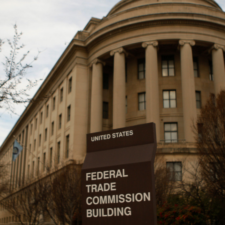
Following the Supreme Court’s unanimous ruling that the FTC had been incorrectly wielding its power concerning Section 13(b) of the FTC Act, it appeared that the FTC’s power to inflict monetary damages without first subjecting themselves to the administrative processes found in Section 5 of the FTC Act would be limited.
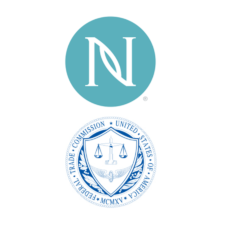
The Supreme Court’s AMG Capital decision prevented the FTC from seeking monetary relief in court under Section 13(b). But the recent Neora decision confirms the FTC still has significant power under Section 13(b) that can be used to cause direct sellers a lot of pain in a court of law.

The Consumer Protection and Recovery Act passed 221-205, split almost entirely down party lines. Those in opposition to the bill expressed concern for “broad overreach” by the FTC and a need for statutory guardrails that would safeguard due process and protect legitimate businesses from being unfairly targeted or punished.

This new change will allow informal hearing procedures and eliminate the current rules that are not articulated in the FTC Act—like the publication of a staff report that contains a rulemaking and recommendations record for public comment—but maintain that these updated procedures will offer extensive opportunities for public comment.

The Federal Trade Commission (FTC) announced in a Statement of Commissioner Rohit Chopra that it will begin looking for other methods to seek restitution or disgorgement from companies in the wake of the U.S. Supreme Court ruling that the Commission could not do so using Section 13(b) of the FTC Act.
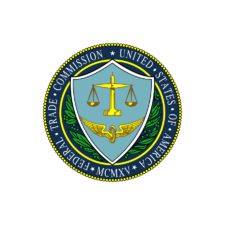
Companies utilizing the negative option feature should take note: the FTC has found a new avenue for obtaining monetary relief.
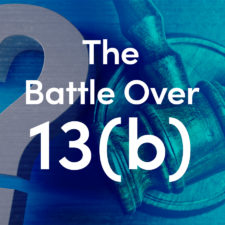
The Supreme Court ruled that the FTC cannot use Section 13(b) to seek monetary relief without due process. Now a new bill is seeking to unravel that decision.
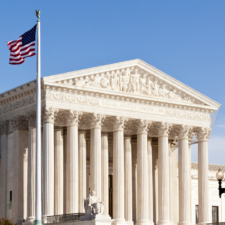
In a unanimous court decision, the Supreme Court announced that Section 13(b) of the FTC Act does not authorize the FTC “to seek, or a court to award, equitable monetary relief such as restitution or disgorgement.” The ruling does affirm that the FTC can seek monetary relief, but it must first invoke “its administrative procedures […]